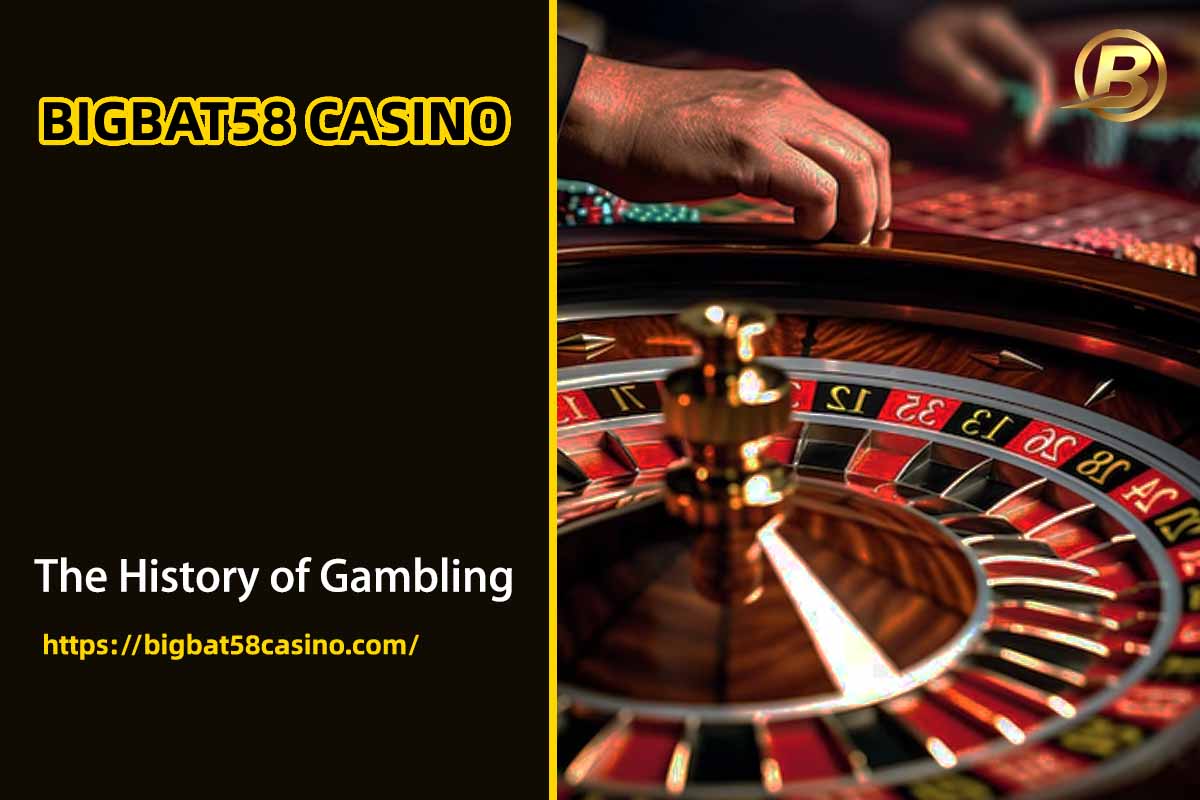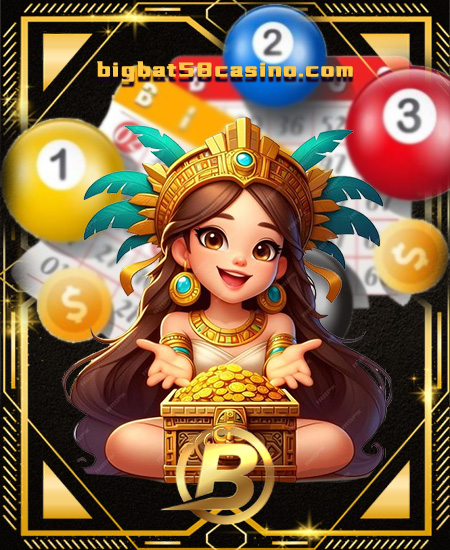The History of Gambling | From Origins to Evolution
History of Gambling | Bigbat58 Gambling Origins | Gambling Evolution
Gambling has been an integral part of human history, dating back thousands of years. From simple bets using dice to intricate card games and lotteries, the history of gambling is rich and diverse. Cultures worldwide have contributed to its growth. It leads to the creation of various games and some of which are still played today. As we dive into Bigbat gambling origins explained, we’ll explore how different civilizations shaped gambling evolution and led to the modern era we now enjoy. START GAME
Read more articles:
Gambling’s Earliest Evidence
The history of gambling traces back to the earliest known records of human activity. According to ancient texts, gambling origins can be linked to Ancient China where the first known gambling games appeared. The “Book of Songs” references a wood drawing which researchers believe was part of a lottery game. Around 200 B.C., Keno slips were used by the Chinese to finance government projects. These early betting systems mark a crucial point in gambling evolution, laying the foundation for many games we recognize today.
The earliest known playing cards also originated in China which was emerged in the 9th century. Although their exact rules have been lost over time, these early forms of gambling reflect the deep roots of the history of gambling.
Gambling in Ancient Civilizations
In Mesopotamia around 3,000 B.C., six-sided dice were used for games. These dice have also been found in ancient Egyptian tombs, showing their value. The Egyptians, Mesopotamians, Greeks and Romans were all enthusiastic about gambling to make it an essential part of gambling origins. Dice, board games and even bets on warrior events were common forms of entertainment. Check out gambling history in Ancient Rome
The gambling evolution continued as these ancient civilizations developed more structured ways of betting from sports events to card games. Archaeological evidence shows that gambling spread globally from ancient Tibet to South America. This indicates that the history of gambling spans across continents.
Ancient Asian Gambling Practices
In the 5th century B.C.E., Lydia located in what is now Turkey. It introduced the first minted coin currency and make betting even more accessible. However, the gambling origins in Asia were particularly significant. In the ancient Indian text, the ‘Mahabharata,’ dice games were described in detail, showcasing how deeply rooted gambling was in Asian cultures.
The gambling evolution in China is especially significant. Not only did they introduce Keno and lottery systems, but they also created the first deck of playing cards. Princess Tong Cheng of the Tang Dynasty was known to play the “leaf game,” an early card game that would later influence modern playing cards.
Around 500 A.D. in Constantinople, the first known gambling “machine” was crafted which was a marble sculpture that allowed players to bet on the outcome of marbles dropping through carved holes. This artifact is a proof to how far the history of gambling had evolved by this point.
Medieval and Renaissance Gambling
The gambling evolution surged during the medieval and Renaissance periods. Playing cards which had first appeared in China spread throughout Europe. This opened up new opportunities for gamblers. Alongside traditional board games like Chess and Backgammon, card games became hugely popular. The gambling origins took hold during this period, influencing the growth of betting practices across Europe.
The rise of casinos during this era transformed gambling culture. Luxurious establishments featured dice tables, card games and other activities and provide a social space for all classes to enjoy. By the Renaissance, gambling had become a regular part of European life that laid the groundwork for the casinos and betting systems we see today.
Conclusion
The journey through the history of gambling demonstrates how deeply rooted betting is in human culture. From gambling origins in Ancient China to the sophisticated systems of today, gambling evolution has shaped entertainment for millennia. While the games and methods have changed, the human desire to take risks and seek rewards remains as strong as ever.











